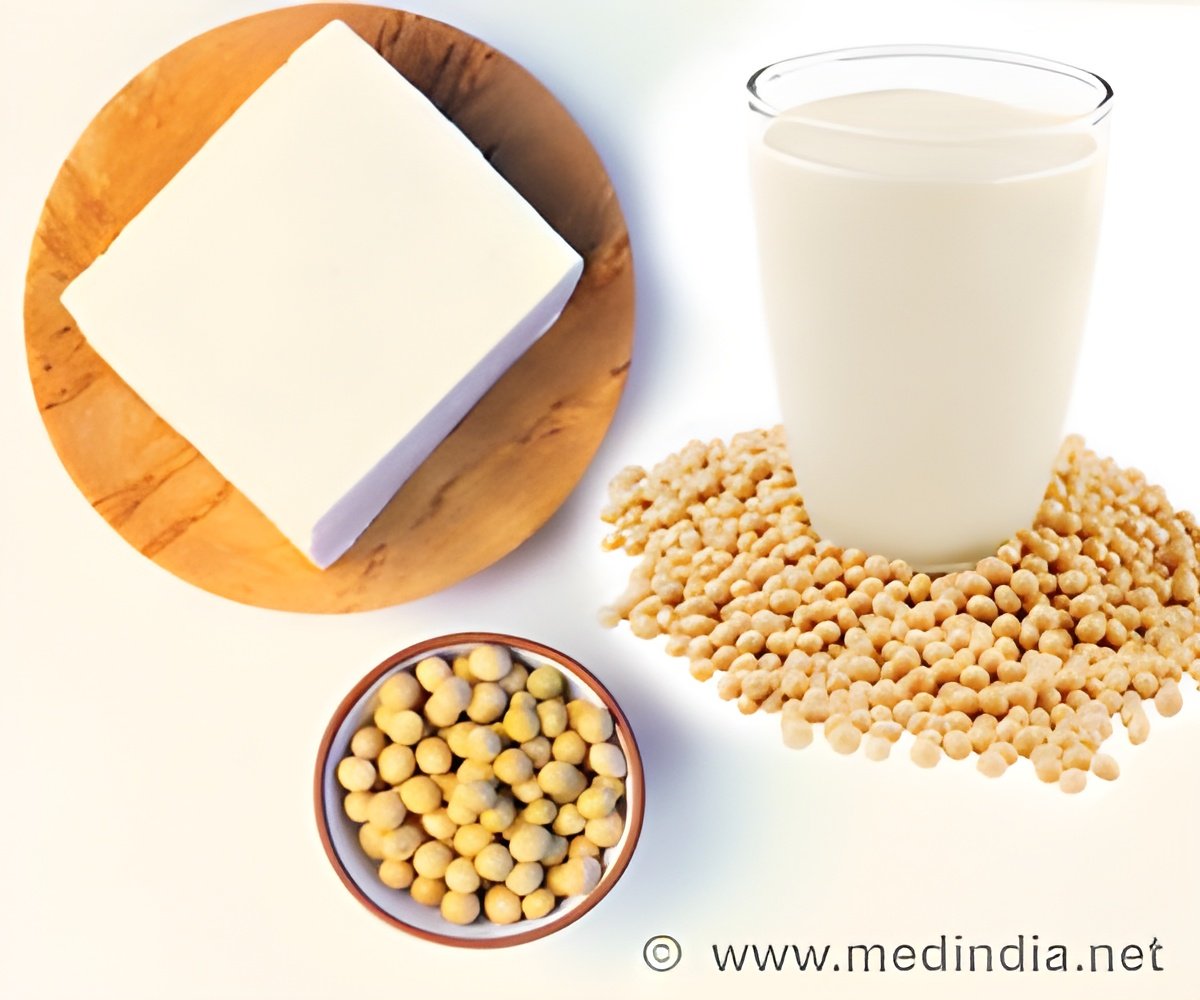A new study has highlighted the benefits of consuming a protein blend for muscle protein synthesis after exercise.

"Sources of high-quality protein contain all the essential amino acids and have individual characteristics thought to offer a unique advantage for muscle growth," said Blake Rasmussen, Ph.D., interim chair, Department of Nutrition & Metabolism and principal investigator of the study. "This is the first study to test the effects of combining soy with the dairy proteins, whey and casein, for promotion of lean body mass gain."
The composition of the blend used in the current study was based on results from a recently published pre-clinical study that demonstrated enhanced postprandial skeletal muscle protein synthesis in rats compared to another blend of soy or whey protein sources alone. This human clinical study for the first time shows that a soy-dairy protein blend (25 percent SUPRO® isolated soy protein, 25 percent whey protein isolate and 50 percent caseinate) is capable of stimulating muscle growth to a similar extent as whey protein through an elevation in muscle protein synthesis and muscle cell growth signaling. In addition, the blend extended the anabolic window (i.e., prolonged increase in the rate of muscle protein synthesis from rest) for a longer amount of time than whey alone.
The beverages provided approximately 20 grams of protein from either the soy-dairy blend or whey protein and contained similar amounts of leucine, a key amino acid involved in muscle cell signaling pathways that regulate muscle protein synthesis rates. The beverages were consumed following high-intensity leg resistance exercise. Multiple leg muscle samples were collected from each subject to determine changes in muscle protein synthesis over time (at rest and 3 and 5 hours after exercise). Nineteen healthy, young adults participated in the randomized, double blind trial.
"Previous research examines only single sources of proteins and does not match the protein sources for leucine content, a branched chain amino acid with anabolic effects, thought to trigger muscle protein synthesis. Results from our study with matched leucine indicate the soy-dairy protein blend stimulated muscle synthesis during the early recovery period as well as into the later post-exercise period, compared to the single protein treatment, whey, which only increased muscle synthesis from rest into the early recovery period," said Paul Reidy, lead investigator on the study.
Proteins from milk (casein and whey), soy, beef and egg are effective in stimulating post-exercise muscle protein synthesis. This study demonstrates that consumption of a beverage made with a soy-dairy protein blend following exercise is capable of prolonging amino acid delivery to muscles, muscle cell signaling and protein synthesis in human skeletal muscle. This extension of the anabolic window may also be important for the aging muscle.
Advertisement
Source-Eurekalert












